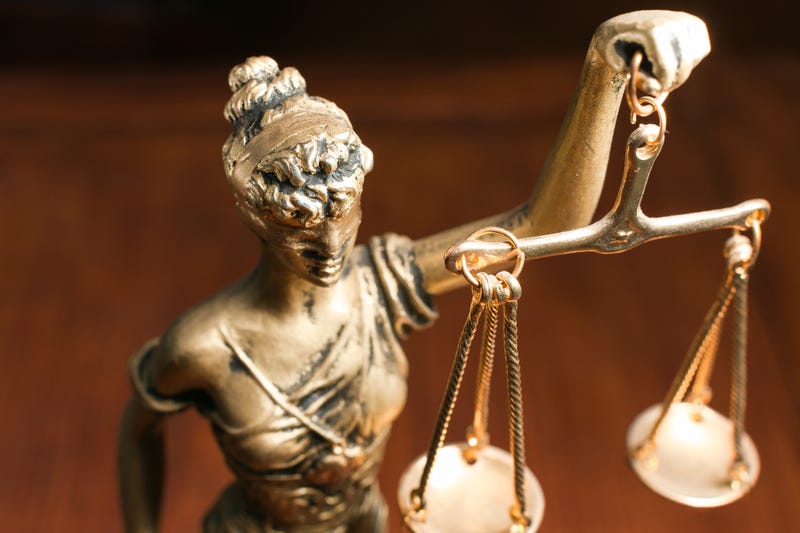
With the U.S. Attorney’s Office getting ready to crack down on gangs in Minneapolis using the RICO Act, many have been left wondering what exactly the legislation can do.
To give an explanation of the RICO Act, legal expert Jeff Grell joined News Talk 830 WCCO’s Vineeta Sawkar.
Overall, 45 people are facing racketeering conspiracy charges for their connections to violent street gangs in Minneapolis. The attorney’s office is accusing the suspects of a multitude of crimes, from murder to drug conspiracy.
RICO, or the Racketeer Influenced and Corrupt Organization, was initially put in place in the 1970s and was used against the likes of crime families. Use of the statute is rare, being that it requires approval from the Department of Justice, but now it will be used to try and curb violence in Minneapolis.
“It’s significant in that there is a new trend by the Department of Justice to prosecute gangs in this way,” Grell said. “I believe they are looking at this as a more efficient way to address widespread crime committed by these criminal organizations.”
However, when it comes to efforts to crack down on organized crime across the country, Grell says he thinks this has become the common tactic used by the DOJ everywhere, not just in the Twin Cities.
When it comes to the benefits of the RICO Act, Grell says that next to the U.S. Constitution, it’s one of the “broadest laws” the nation has.
“That’s why it’s such an effective tool because so much activity falls in its swath,” he said.
Grell says that by allowing for different activities to fall under RICO, prosecutors will have an easier path to convicting criminals.

